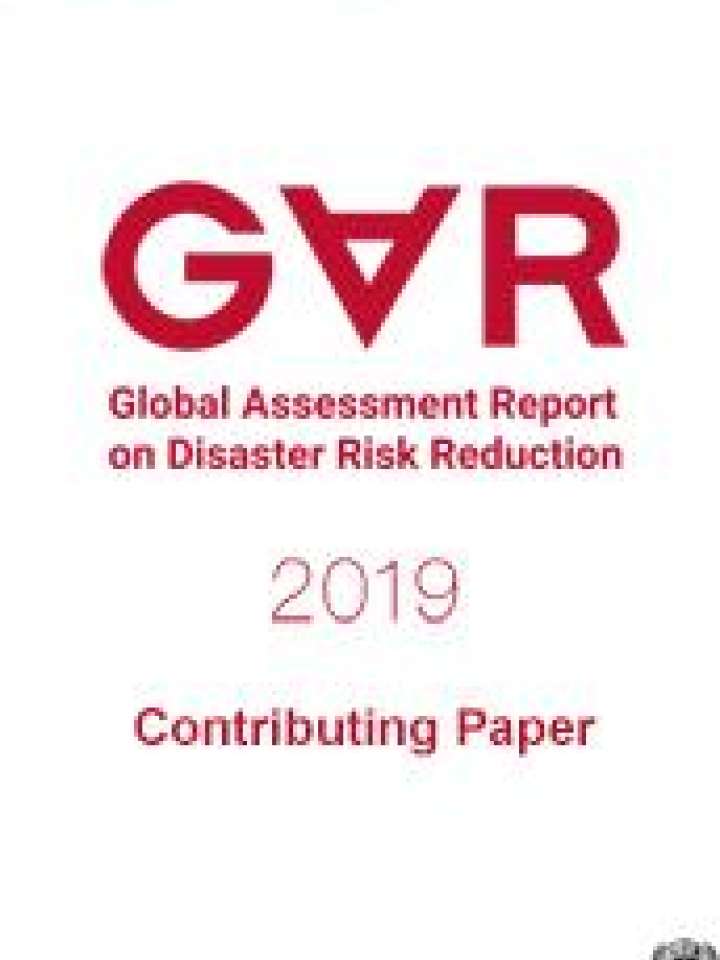Disaster risk governance: Institutional vulnerability assessment with emphasis on non-structural measures in the municipality of Jaboatão dos Guararapes, Pernambuco (PE), Brazil
Climate change has had serious consequences at global and local levels and has required more effective scientific studies and management measures for disaster risk reduction strategies. In this sense, public managers should consider strategies that involve the integration of stakeholders, in relation to understanding the disaster risks to be faced. The aim of this paper is to analyze and discuss the degree of institutional vulnerability in terms of disaster risk governance, with emphasis on non-structural measures taken in the municipality of Jaboatão dos Guararapes, Pernambuco, Brazil.
Five indicators were analyzed, consisting of Planning and Management Instrument, Management Structure, Taking Preventive Actions, Multidisciplinary Work and Emergency Funds. The importance of non-structural measures that strengthen governance is highlighted, namely community protection and civil defense groups and the municipality's warning system. From this study, it was concluded that the management of the municipality of Jaboatão dos Guararapes was characterized as having a medium degree of institutional vulnerability, and the town had taken actions to develop integrated planning, acting within the principles recommended in the Sendai Framework (2015-2030). In this sense, recommendations are suggested for the improvement of the entire governance system according to the analyzed indicators and documents.
This paper is a contribution to the 2019 edition of the Global Assessment Report on Disaster Risk Reduction (GAR 2019).
To cite this paper:
Quental Coutinho, R.; Lucena, R. et al. Disaster risk governance: Institutional vulnerability assessment with emphasis on non-structural measures in the municipality of Jaboatão dos Guararapes, Pernambuco (PE), Brazil. Contributing Paper to GAR 2019
